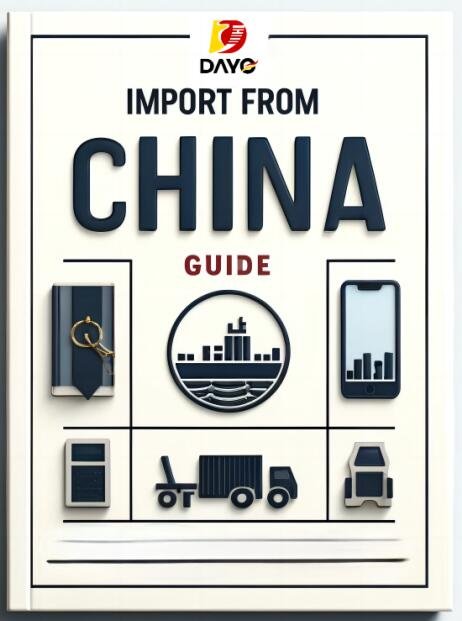
Image: Our team conducting a factory audit in Shenzhen
#1: Missing Essential Certifications
Always verify:

- ISO 9001 (Quality Management)
- BSCI (Social Compliance)
- Product-specific certifications (e.g., CE, FCC)
Pro Tip: Use China Certification Database to cross-check2,4.
#2: Unusually Low MOQs
Legitimate suppliers typically require:
- $MOQ \geq 500$ units for standard products
- $MOQ \geq 1000$ units for customized items
#3: Vague Production Timelines
Demand detailed breakdown:
$$T_{production} = T_{material} + T_{processing} + T_{QC}$$
Example: A Ningbo electronics supplier provided this transparent schedule:
| Stage | Duration |
|---|---|
| Material Sourcing | 7 days |
| PCB Assembly | 5 days |
| Quality Control | 3 days |
#4: No Physical Address Verification
Use tools:
- Google Earth coordinates check
- Third-party verification services like QIMA

#5: Poor Communication Channels
Warning signs:
- Only WeChat communication
- Delayed email responses (>24 hrs)
- No dedicated account manager
Case Study: A German client avoided $200k loss by rejecting a “supplier” that failed 3/5 checks1,6.


